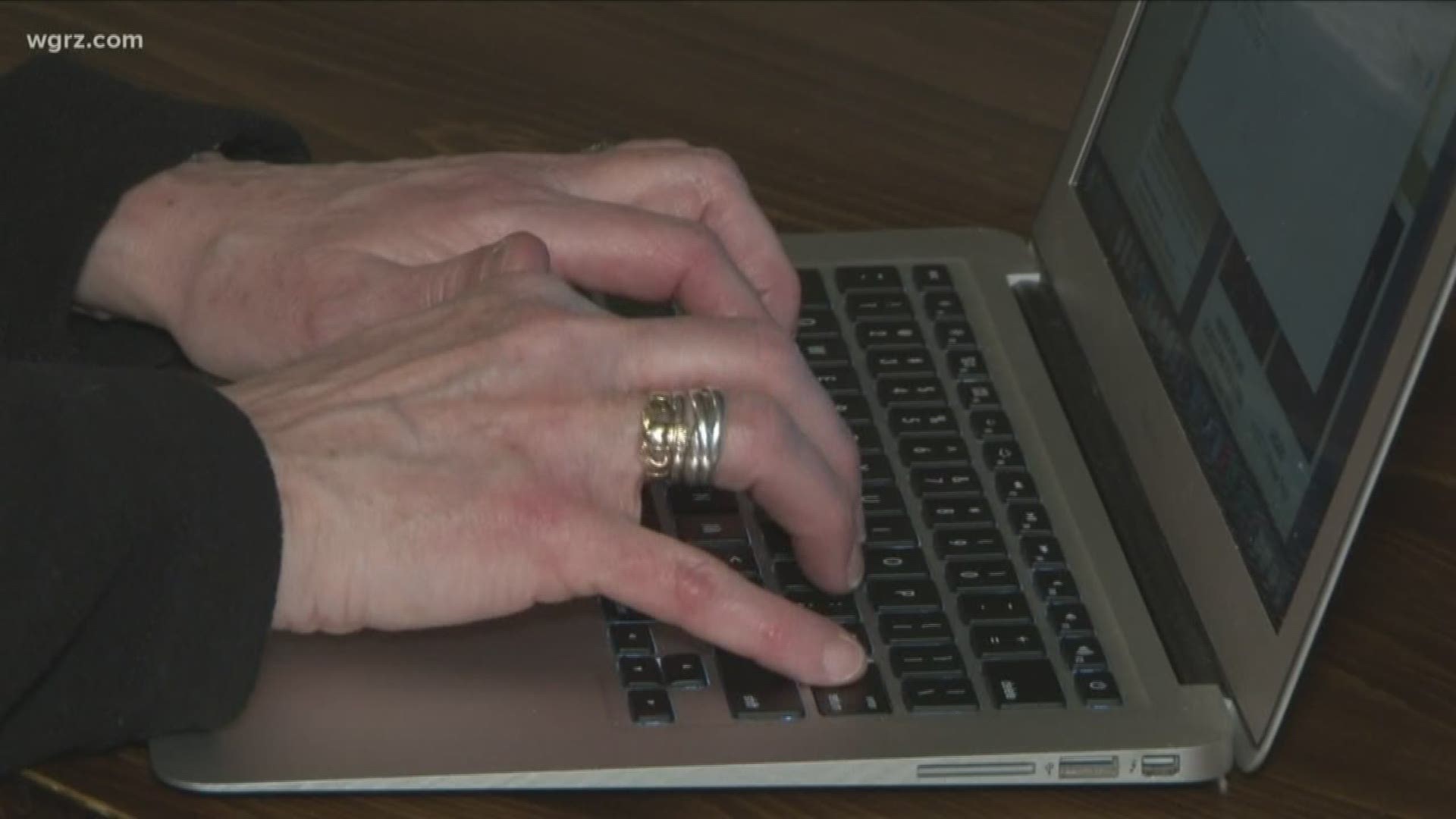Niagara University and law enforcement are investigating a ransomware attack affecting school computers.
Niagara University said it "discovered that some of its email servers were encrypted by ransomware," which caused internet issues on Thursday.
A statement from the university stated in part, "At this point we have no indication that any personal information has been compromised."
However, the attack at Niagara is just one example of a larger problem impacting several organizations, businesses and individuals.
Dave Newell, the CEO and Founder of Loptr Security and Lowkey Software in East Aurora, said cyberattacks happen frequently.
"Every week you can see something in the news about somebody getting hit by ransomware," Newell said. "They're targeting governments. They're targeting schools, universities. They're targeting health-care organizations. Really, the bad guys are targeting anybody they can get into."
When hackers get into a system, the impact can be significant.
"Ransomware is a kind of malicious software, and what ransomware does is, it infects a computer and it spreads on the computer, and then it takes all of the data on a computer and it encrypts it. It makes it unreadable," Newell said.
He believes most people don't have the same resources the attackers do, but businesses can try to get ahead of the problem.
For example, updating computer systems and using multi-factor identification.
"The statistics really are that it can take about six months for a lot of organizations to detect hacking attacks that have already happened in their network," Newell said. "One of the things that you can do as an organization is get better at monitoring your network and knowing what's going on."
Newell also suggests putting policies and procedures in place to address cyberattacks and training employees so they know what to look for.
As individuals, we can also take steps to keep our personal devices and accounts safe.
"A key thing that you can do to protect your information and your accounts is to use two-factor authentication, to use long passwords, and to use encryption -- the good kind, not ransomware -- but to use encryption to protect your data," Newell told 2 On Your Side.
According to Emsisoft, a software security company, the targeted cyberattacks in 2019 included:
- 13 state and municipal governments and agencies;
- 764 health-care providers;
- 89 universities, colleges and school districts, with operations at up to 1,233 individual schools potentially affected.

